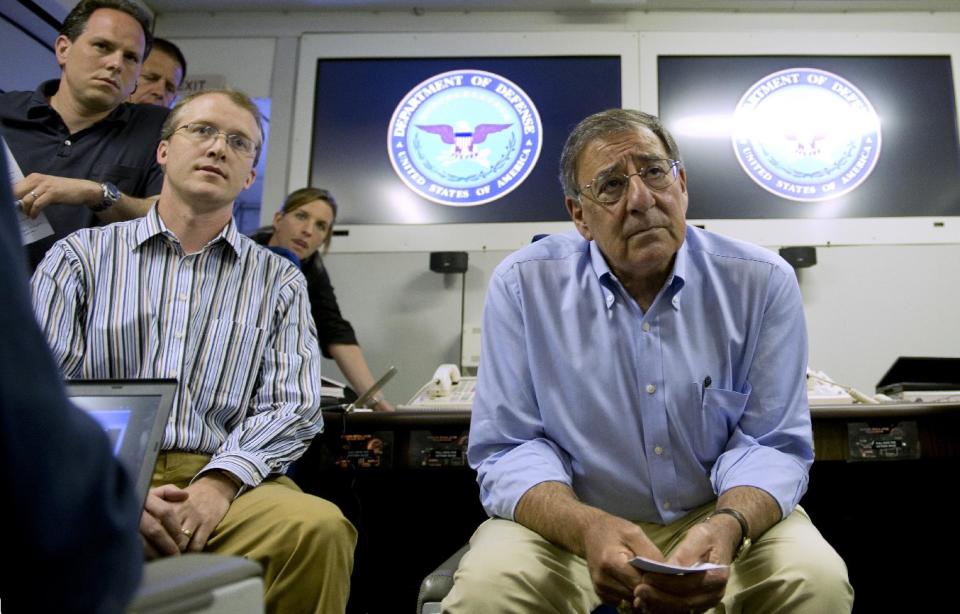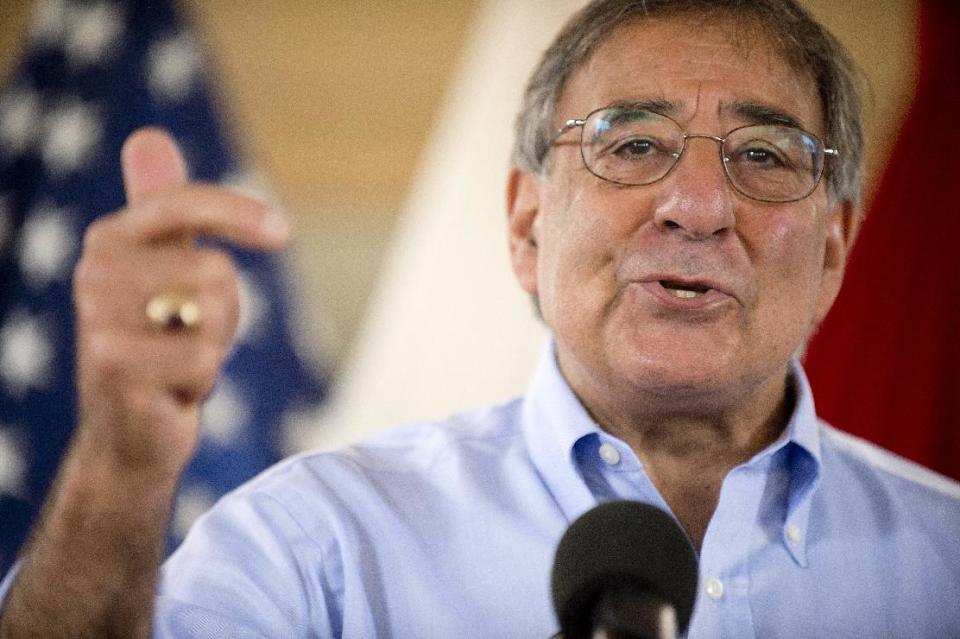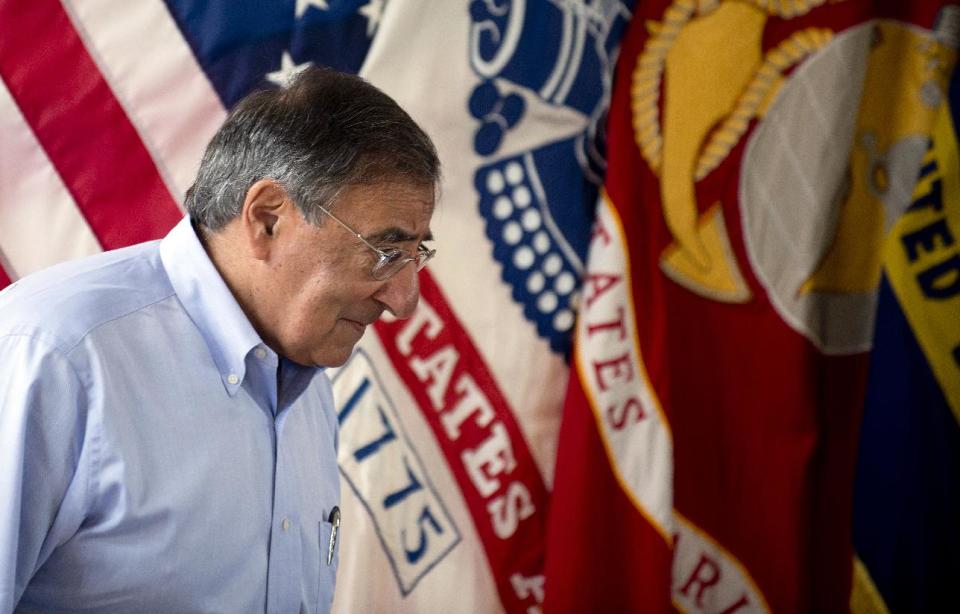Panetta to stress commitment to Asia-Pacific
ABOARD A US MILITARY AIRCRAFT (AP) — Defense Secretary Leon Panetta is traveling through Asia this week, determined to show the U.S. is serious about shifting its focus to the region, amid growing worries about China's increasingly aggressive posture and North Korea's nuclear ambitions.
In a series of meetings at a Singapore conference and in a major speech Saturday, Panetta is expected to lay out more details of America's plans to increase the number of U.S. troops and military equipment in the Asia-Pacific.
He would not describe the U.S. military assets — ships, aircraft, radars or other high-tech systems — the U.S. is willing to devote to the region. But he told reporters traveling with him to Singapore on Thursday that the U.S. can provide weapons, technological assistance, and other aid to the countries based on their individual needs.
The conference, however, may be somewhat diminished by the lack of attendance by key Chinese leaders, particularly following recent regional meetings where they asserted stronger claims to the South China Sea.
Senior U.S. officials routinely insist that the Pentagon's plans to beef up its presence and activities in the Asia-Pacific are not targeting one specific country. But those claims are belied by America's unease at China's growing dominance and its dramatic yet largely unexplained increases in military spending.
Tensions between the U.S. and China have ebbed and flowed. Beijing has cut off communications in the past over U.S. aid to Taiwan, the self-governing island that Beijing claims as its own. And there are repeated disagreements over Beijing's claim to control waters the U.S. considers international.
The Pentagon's China report, released in mid-May, described advancements Beijing is making on its first domestically built aircraft carrier, complained about the persistent cyberattacks against the U.S. government and private business emanating from that country, and expressed concerns about its ambitious military spending.
Chinese leaders insist they are not responsible for the computer attacks.
Panetta, however, offered an optimistic view of U.S. relations with China, perhaps signaling that Washington wants to scale back its criticism of Beijing in the hopes of forging stronger ties with the economic giant.
"I'm much more hopeful based on meetings that I had with the Chinese leadership, based on the follow through that we've had as a result of those meetings," said Panetta. "Like every relationship, ultimately it has to be based on an element of trust.
This is Panetta's first trip to Singapore to attend the annual Shangri-La Dialogue, a prominent defense conference. And it will be his first opportunity to address so many leaders from the region, both in private meetings and during his Saturday speech.
He'll be trying to counter suspicions that the Pentagon's much-touted shift to the Pacific region is more talk than action, and assure his audience that the budget cuts the Pentagon faces won't derail the effort. And he said he will stress that the change is not just about military presence, but includes efforts to build better economic and diplomatic relations.
Panetta, however, warned Thursday that if a deeply divided Congress can't reach an agreement on the budget and the Pentagon is forced to absorb as much as $1 trillion in cuts over the next decade, the plans could collapse.
"I think we'd probably have to be in a situation where we'd have to throw that strategy out the window," said Panetta, as he flew from Hawaii to Singapore.
Panetta also is expected to talk to Asian leaders about North Korea, and its recent provocative behavior, including the failed launch of a satellite in mid-April.
Pyongyang has vowed to push ahead with its nuclear program despite opposition. And recent satellite imagery suggests that North Korea may be upgrading a launch site to handle larger rockets.
Singapore is the first stop of a nine-day overseas trip that will include visits to Vietnam and India.



